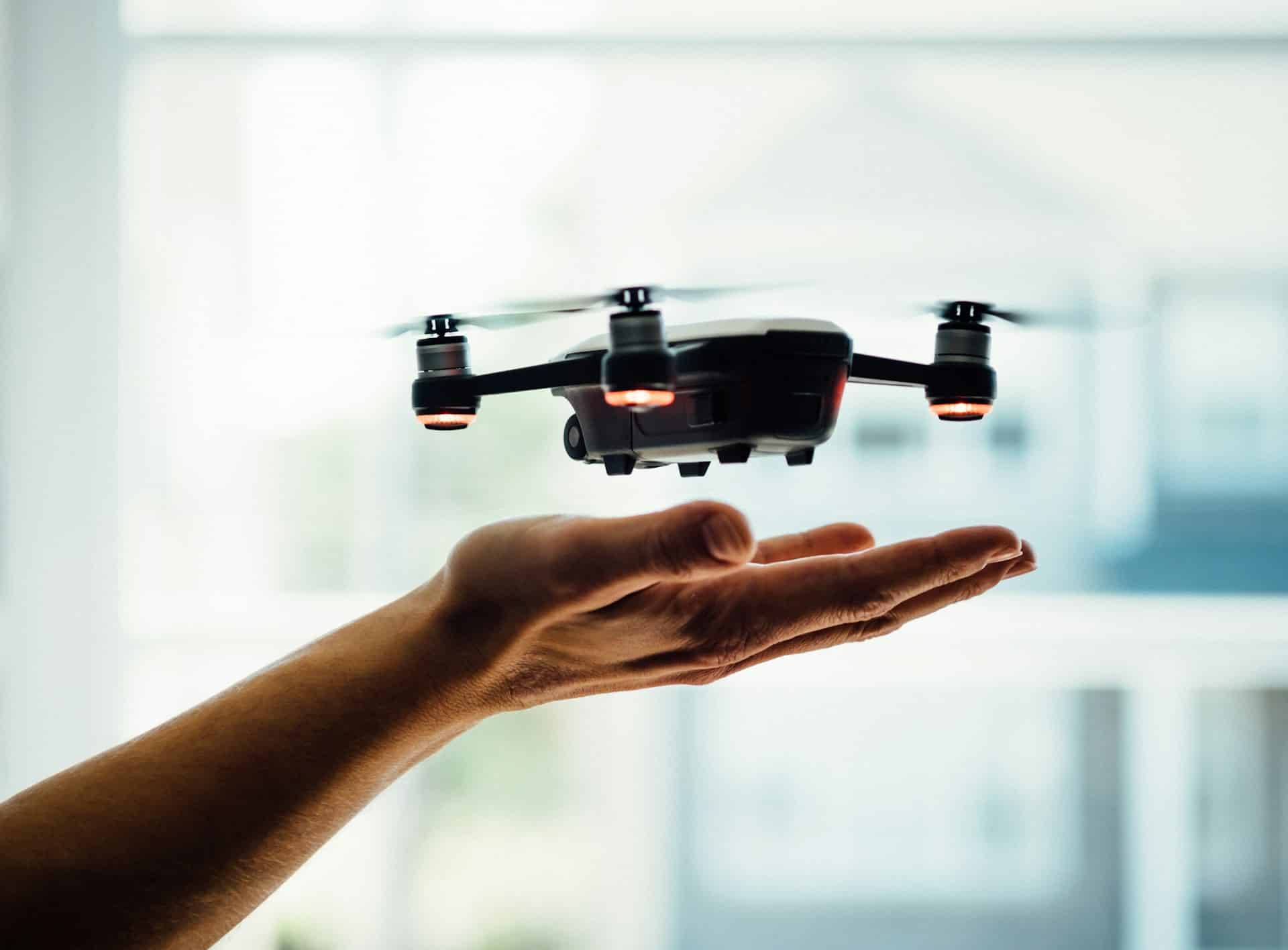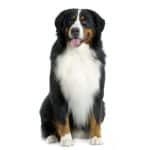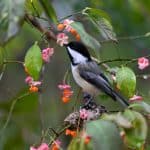The marriage of drones and agriculture might seem peculiar to some. However, this synergy will yield technological innovations capable of revolutionizing the UK’s agricultural industry. Farmers across the nation are embracing drone technology and the data it provides for precision farming. With the rise of this high tech, the industry is moving towards a more sustainable and efficient future. The focus is on increasing yield, decreasing plant disease, and improving environmental sustainability. This article unravels how drones are transforming agriculture in the UK.
The Adoption of Drone Technology in Agriculture
The advent of drones in the field of agriculture has been a significant game changer. These unmanned aerial vehicles (UAVs) have proven themselves as invaluable tools for farmers. They possess the ability to capture high-resolution images and provide real-time data that can significantly improve crop monitoring and management.
Cela peut vous intéresser : How to Use Blockchain to Enhance Transparency in UK’s Supply Chains?
Drone technology allows farmers to conduct a more comprehensive review of their farmland. From the comfort of their homes or offices, they can assess the health of their crops, identify potential issues and implement solutions promptly. This method of crop monitoring drastically reduces the time and financial costs associated with traditional methods.
Drones and Precision Farming
Precision farming has been the watchword in the 21st-century agricultural industry. This approach employs advanced technologies to monitor and optimize crop yield and environmental sustainability. Drones play a crucial role in carrying out this process.
En parallèle : The history and evolution of porcelain stoneware
With their high-resolution cameras and advanced sensors, drones can produce detailed images that reveal patterns, changes, and anomalies in the field. This level of detail is far superior to what the naked eye can discern, giving farmers a bird’s eye view of their crops. The data they gather provides insights that can guide decisions about irrigation, pest management, and crop rotation.
Environmental Sustainability through Drone Technology
As the world grapples with the challenges of climate change, the agricultural industry is not exempt. Farmers are under increasing pressure to adopt environmentally sustainable practices. Once again, drone technology proves instrumental in meeting these demands.
Environmental monitoring with drones provides crucial data to inform sustainable farming practices. Drone technology can identify areas of water stress, monitor soil health, and detect the early onset of plant diseases. With these capabilities, farmers can make informed decisions about water and chemical usage, reducing the environmental impact of farming.
Advances in Drone Technology for Agricultural Monitoring
In recent years, drone technology has advanced significantly. From improved battery life to more accurate sensors, these enhancements have made drones more efficient and effective in agricultural monitoring.
High-resolution multispectral sensors are becoming increasingly common in agricultural drones. They allow drones to capture data beyond the visible light spectrum, including infrared and thermal data. This information is crucial in detecting plant stress, disease, and pests before they become apparent to the naked eye.
Moreover, drone software has also evolved, with integrated artificial intelligence being a standout feature. This technology enables drones to analyze the captured data instantly and deliver real-time insights. This rapid response time allows farmers to act promptly and minimize potential damage to their crops.
The Future of Drones in Agriculture
While the use of drones in agriculture is not a new concept, the technologies they employ are rapidly evolving. As drones become smarter, faster, and more efficient, their role in farming will only grow.
Expect to see the development of drones that can not only monitor crops but also take action based on their findings. This might include drones that can autonomously apply pesticides or fertilizers, sparing farmers from this labor-intensive task. As these technologies mature, the agricultural industry will inch closer to fully automated farming.
In conclusion, the rise of drone technology in the UK’s agricultural industry has only just begun. As these technologies continue to evolve, they will undoubtedly usher in a new era of precision farming. The future of agriculture in the UK, it seems, is taking to the skies.
The Integration of Machine Learning and AI in Drone Technology
Machine learning and artificial intelligence are becoming integral components of drone technology in agriculture. These technologies allow drones to analyse and interpret high-resolution images, providing farmers with real-time, actionable insights into their crops’ health. Machine learning algorithms, in particular, have the ability to recognise patterns and predict trends over a time series, making them crucial tools in decision making.
Fixed-wing drones, for example, can cover vast distances and capture high-resolution images. These images can be processed through machine learning algorithms, which can detect subtle changes in crop health, identify pests and diseases, and monitor growth patterns. This allows farmers to make informed decisions and take preventative measures to protect their crops.
Artificial intelligence (AI) in drones exhibits several advantages in agriculture. One of the most significant is its ability to interpret and analyse data in real-time, providing immediate feedback to farmers. This real-time data analysis aids in precision agriculture by pinpointing exact locations where attention is needed, hence improving efficiency.
Moreover, AI is instrumental in autonomous decision making. Future drones might be equipped with AI capabilities, allowing them to not merely identify problems but also to take corrective actions automatically. For instance, if a drone detects a pest infestation in a particular area of a farm, it could potentially deploy pesticides autonomously, saving the farmer time and effort.
Vertical Farming and the Role of Drones
Vertical farming is an innovative approach to agriculture that is gaining popularity across the UK. It involves growing crops in vertically stacked layers, often in controlled environments. This method is particularly well-suited to urban areas where land is scarce, and environmental conditions can be closely controlled.
Drones play a significant role in vertical farming. The ability of drones to navigate in three dimensions makes them ideal for monitoring crops in this type of setup. They can capture spatial resolution images from different angles, providing a comprehensive overview of the crops’ health.
In addition, drones equipped with advanced sensors can monitor microclimatic conditions within vertical farms. They can gather data on temperature, humidity, and light levels, allowing farmers to optimise these conditions for maximum yield.
Looking ahead, drones could even be tasked with the maintenance of crops in vertical farms. By equipping drones with tools, farmers could automate tasks such as pruning and harvesting, making vertical farming even more efficient.
Conclusion: Flying Towards a Sustainable Future
The implementation of drone technology in the UK’s agricultural sector is a testament to the industry’s commitment to adapt to climate change and strive for sustainability. Through precision farming, remote sensing, and real-time data analysis, drones are helping farmers make informed decisions and optimise their operations.
The promise of AI and machine learning in drones paints a future where agriculture drones could transition from being mere monitoring tools to autonomous agents capable of taking action. As the technology advances, farmers can look forward to a future where drones can autonomously detect and address issues such as pests or water stress.
In the realm of vertical farming, drones offer innovative solutions to the challenges posed by urban agriculture. With their ability to navigate in three dimensions and capture spatial resolution images, drones could revolutionise the way crops are monitored and maintained in vertical farms.
Overall, the future of UK agriculture is undoubtedly taking to the skies. With the continuous advancements in agri tech, drones in agriculture are set to continue playing a pivotal role in ensuring the industry’s sustainability in the face of climate change.











